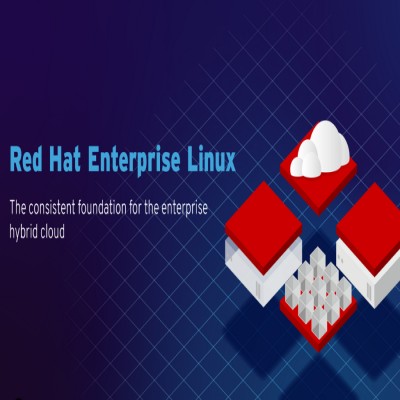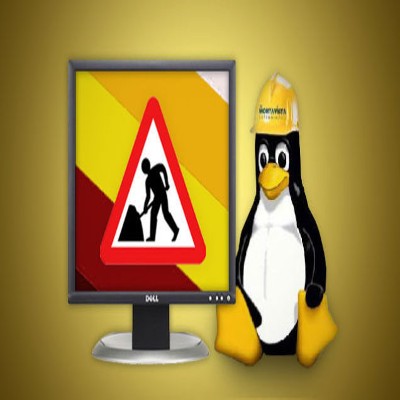
In the ever-evolving landscape of technology, Linux has established itself as a robust and reliable operating system that powers a significant portion of the world’s servers and embedded systems. As businesses increasingly rely on Linux to drive their operations, the demand for effective Linux support services has surged. In this blog post, we will delve into the emerging trends that are shaping the future of Linux support services.
- Containerization and Orchestration:
Containerization technologies like Docker and container orchestration platforms such as Kubernetes have transformed the way applications are deployed and managed. Linux plays a pivotal role in these technologies, and support services are adapting to the new challenges and opportunities they present. Linux support providers are now focusing on optimizing containerized environments, ensuring seamless integration with the underlying Linux infrastructure, and addressing security concerns specific to containerized applications.
- Cloud Integration and Support:
With the widespread adoption of cloud computing, Linux support services are extending their expertise to seamlessly integrate with cloud platforms. Whether it’s AWS, Azure, or Google Cloud, Linux is the preferred choice for cloud-based solutions. Support services are evolving to offer solutions tailored to the unique challenges of cloud environments, including scalability, security, and resource optimization. The integration of Linux support with DevOps practices is also becoming a key focus, facilitating continuous deployment and automation.
- Security in the Spotlight:
As cyber threats become more sophisticated, security is a top concern for businesses relying on Linux. Support services are increasingly emphasizing proactive security measures, including regular audits, vulnerability assessments, and prompt patch management. With the rise of remote work and distributed systems, securing Linux-based infrastructure has become a complex but essential aspect of support services. Integration of advanced security features and the adoption of best practices are crucial in mitigating potential risks.
- AI and Automation:
Artificial intelligence (AI) and automation are transforming the support services landscape, and Linux is no exception. Support providers are incorporating AI-driven tools for proactive monitoring, issue prediction, and automated resolution. This not only enhances the efficiency of support services but also reduces downtime and improves the overall reliability of Linux-based systems. The ability to automate routine tasks allows support teams to focus on more strategic and complex issues.
- Open Source Collaboration:
Linux, being an open-source operating system, thrives on collaboration. Emerging trends in Linux support services include increased collaboration among support providers, developers, and the open-source community. Sharing knowledge, contributing to upstream projects, and actively participating in the development of Linux distributions are becoming common practices. This collaborative approach ensures that Linux support services stay at the forefront of innovation and can quickly adapt to new technologies.
- Edge Computing and IoT:
As edge computing and Internet of Things (IoT) gain traction, Linux is becoming the go-to choice for powering edge devices and IoT infrastructure. Support services are evolving to address the unique challenges posed by edge computing, such as limited resources, intermittent connectivity, and diverse hardware architectures. Linux support providers are developing solutions that optimize performance, enhance security, and facilitate seamless communication between edge devices and centralized systems.
Conclusion:
The world of Linux support services is dynamic, with constant advancements and innovations. Businesses relying on Linux can benefit immensely from staying abreast of these emerging trends. Whether it’s adapting to containerization, integrating with cloud platforms, prioritizing security, leveraging AI and automation, fostering open-source collaboration, or addressing the demands of edge computing and IoT, Linux support services are evolving to meet the challenges of the modern technological landscape. As we navigate the future, embracing these trends will not only ensure the stability and reliability of Linux-based systems but also pave the way for continued innovation and success.
STAY IN THE LOOP





